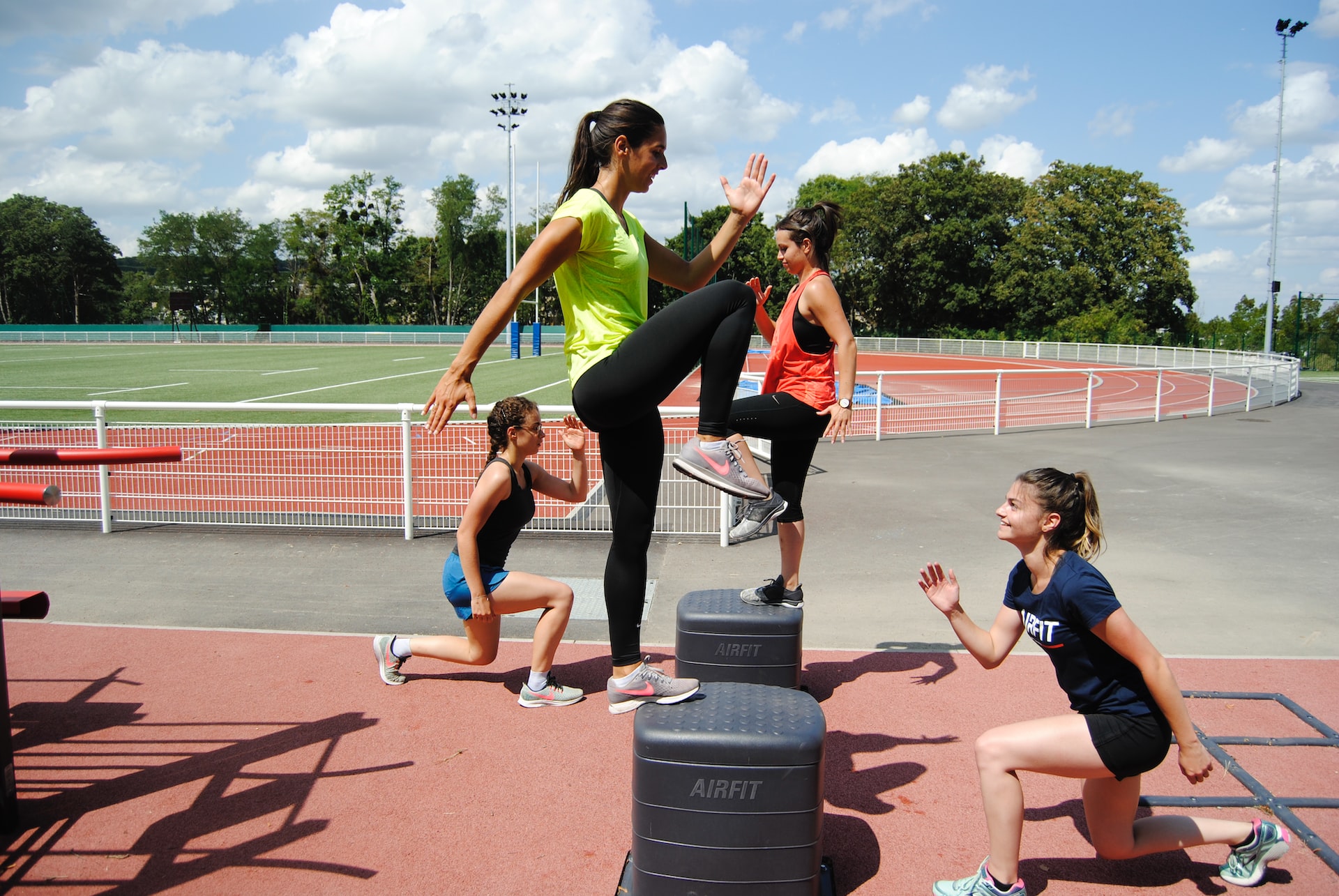
For many years, athletes in a variety of sports have used supplements to increase their performance. Performance supplements are manufactured in a variety of various formats and are referred to as “ergogenic aids” due to their capacity to provide athletes a physical or psychological boost during training and competition. Performance supplements are sold to professional athletes and weekend warriors alike all around the world, in forms ranging from powder-based proteins and creatine to gel- and gummy-based caffeine and carbs.
But what benefits can dietary supplements actually offer? Among drtren advantages include better muscular power and strength, stronger technical and sprint performance, improved sprint repeatability, and improved response speed.
The question is, are these items safe for athletes to eat despite the fact that they have been demonstrated to boost performance? The World Anti-Doping Agency (WADA), which was founded in 1999, evaluates professional athletes from all professional sports codes to see whether any illegal substances have been used to improve their performances. Manufacturers of dietary supplements must constantly check the WADA list of prohibited substances (which is updated) to make sure their goods don’t contain any of the compounds on the list.
An athlete could spend up to four years on the sidelines if they test positive for a prohibited substance under WADA’s anti-doping procedures (some may even face lifelong bans for severe infringements on the WADA code).
Despite the size of the sports supplements market, there is much to know.
Although there is a big industry for sports supplements, there are certain things to be cautious of.
 The supplement market is expanding.
The supplement market is expanding.
According to a report released in 2021, the global market for dietary supplements would be worth $US272.4 billion by 2028. The analysis showed the rising demand for dietary supplements around the world by analyzing statistics to anticipate the industry’s growth through 2028. Across all major continents, there is a growing demand for products that are simple to get, from proteins and amino acids to carbs and omega fatty acids. Most recently, the COVID-19 pandemic has caused a surge in vitamin demand and increased demand for dietary supplements.
However, as was already noted, not all supplements are suitable for use by athletes. Utilizing a product that can include illegal chemicals might have detrimental effects on the athlete’s health and future in the sport. Samir Nasri, Mamadou Sakho, “Fred” Rodrigues de Paula Santos, and even Pep Guardiola are just a few players who have made the error of purchasing over-the-counter products without seeking the right advice from qualified professionals.
Despite the industry’s continued growth, the danger of unregulated products rises proportionately. Since the majority of supplements are produced in large facilities, they occasionally contain minute amounts of additional components that aren’t specified on the product’s package (similar to food goods that warn consumers that they “may contain nuts”). The product may not always include solely those ingredients that are listed on the label.
In order to check products for traces of prohibited chemicals, independent third-party product testing organizations were established. In order to address this problem and safeguard customers, the Informed Sport certification scheme was established in 2008.
Protection through Informed Sport and Informed Decisions
Athletes can feel secure using more than 3,000 supplements that have undergone contamination testing thanks to Informed Sport. Each tested batch of supplements from the individual supplement company’s line is inspected and stamped with the Informed Sport emblem (shown below) through the LCG (or Laboratory of the Government Chemist), assuring customers that they are safe to use. However, the supplement firm must pay for this procedure.
Informed Choice, Informed Ingredient, and Informed Manufacturer are three further certifications. These initiatives aim to enhance Informed Sport’s workflow by conducting monthly retail testing on finished goods and accrediting raw materials and manufacturing facilities prior to the start of the manufacturing process. It is crucial to keep in mind that despite these safeguards, there is no guarantee that items do not contain prohibited drugs. To ensure that product contamination is minimized and risk is avoided, there is no technique that is more stringent.
 Obstacles to using supplements safely
Obstacles to using supplements safely
Staff and player education
There are still obstacles preventing sportsmen from using secure items, despite the existence of thorough testing and certification procedures. When it comes to understanding the advantages or risks of utilizing sports supplements and knowing which products or brands are most suited to use, staff and athletes’ lack of nutrition education can be a significant roadblock (as can be seen from our list of players above). Athletes typically look to the expertise of the personnel in their club or association for guidance in a variety of areas.
Staff and athletes may be less likely to use supplements or may be more likely to make poor purchases if they lack sufficient knowledge about nutrition and sports supplements. Therefore, it is crucial to promote coaching staff education on nutrition and sports supplements so that they can comprehend safe product programs (like Informed Sport) and pass that understanding on to their players. Athletes may then comprehend the importance of using only sports supplements that have the Informed Sport quality certification, even though many of them can improve performance.
Practical Advice: Several product categories claim they can benefit you as an athlete by enhancing your performance. However, it’s crucial to obtain knowledge that has been organized and disseminated by authorities in the subject of nutrition. The IOC consensus statement on dietary supplements and the high performance athlete and the suggested nutritional supplements which are advised for footballers, both of which can be found on the Barcelona Innovation Hub, are some of the best open-access examples of this.
Availability of batch-tested goods
Access to batch-tested items could be another obstacle for staff and athletes. You might or might not have access to a wide variety of sport supplement brands depending on where you are in the world. The availability of imported tested products may not be sufficient in some regions, supplement brands may not adhere to testing and certification procedures, or both. Due to a lack of options, athletes could be tempted to eat the “next best thing.” This is a frequent error because people who are unaware of the risks involved will believe that a manufacturer’s non-certified protein product is just as effective as their certified protein product. However, doing so would put the athlete at a significant risk, thus such circumstances ought to be avoided.
While athletes may want to use sports pills to aid in their performance or recovery, the danger of a lengthy ban is not worth it. It is best to wait till you can access a secure and tried product rather than taking the chance of using an uncertified one.
